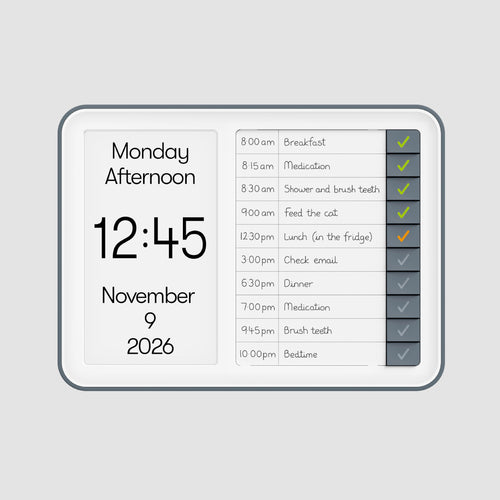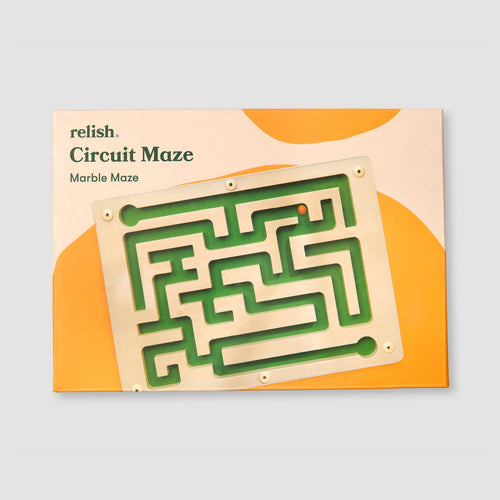The changing of the clocks can be confusing to everyone’s internal clock and often cause tiredness and irritability; these effects may be even more prominent for someone living with dementia.
Circadian Rhythm
The circadian rhythm dictates our ‘body clock’ and sleep cycle; when the clocks change it can affect your loved ones natural circadian rhythm which in turn can affect the chemicals which are released by the brain. These changes can affect things from mood and behaviours to feelings of wellbeing.
What's the impact on someone with dementia?
For those living with dementia, routine is incredibly important and a change in the clocks can really disrupt this routine, as it shifts everything either forwards or back an hour. Both time changes can have different effects on people. When the clocks move forwards in spring it is most likely to cause tiredness as we lose an hour; for those living with dementia tiredness can cause a host of other responses such as agitation and confusion.
On the other hand, when the clock goes backwards in winter, people tend to be affected by the lack of sunlight and it can often lead to lower moods. For those living with dementia, a common concern is ‘sundowning syndrome’. Sundowning refers to how the confusion associated with dementia can get worse after the sun goes down. The change in clocks can have a massive effect on sundowning so it is important know the best ways to deal with this.

How to support someone living with dementia and avoid unnecessary confusion and stress.

-
Exposure to natural light We mentioned how important the body’s natural circadian rhythm is in regulating the sleep cycle and preventing confusion and irritability. Exposure to natural light helps to regulate our circadian rhythms to know when to sleep and when to wake up; with the clocks changing it is essential that your loved one be able to get enough sleep to avoid stress, anxiety and confusion. Opening the curtains and allowing light in or going for a short walk can be really beneficial. Utilise artificial light, should your loved one experience sundowning, as walking around or waking in the night may be confusing, a night light in the hallway or bedroom may help calm your loved one.
-
Maintain routines One of the main concerns when the clocks change is the shift in routine. Routine is extremely important when caring for someone living with dementia
as it helps to prevent confusion and frustration. When the clocks change, the entire routine shifts so it is important to make this change as smooth as possible. Try and maintain the exact same routine; get up at the same time despite the clock changing to avoid it having an effect on your loved one. If you shift your routine this could be more confusing. Incorporating consistent and familiar daily tasks and activities can be especially helpful in reinforcing structure throughout the day.
- Change all the clocks Some clocks change by themselves whereas others need to be changed manually. It is essential to make sure every clock has been changed as the presence of one clock with a different time could be incredibly confusing and stressful for someone living with dementia. It is a good idea to change all of the clocks at night once your loved one has gone to bed to be sure they are done for the morning. The Relish Day Hub™ and Day Connect™ will automatically adjust for daylight saving time.
























